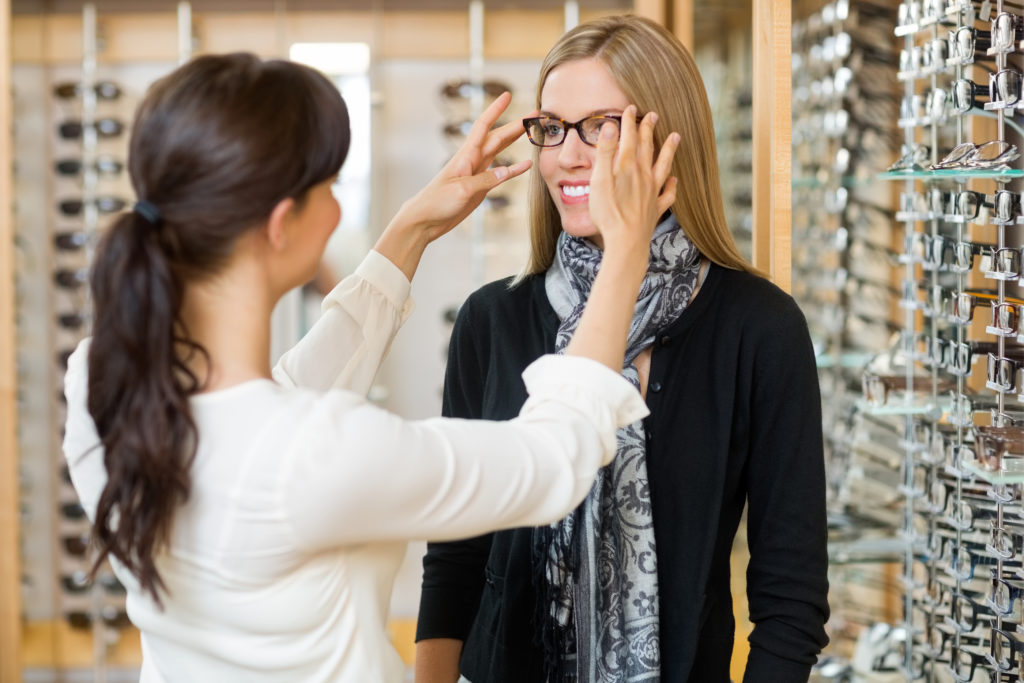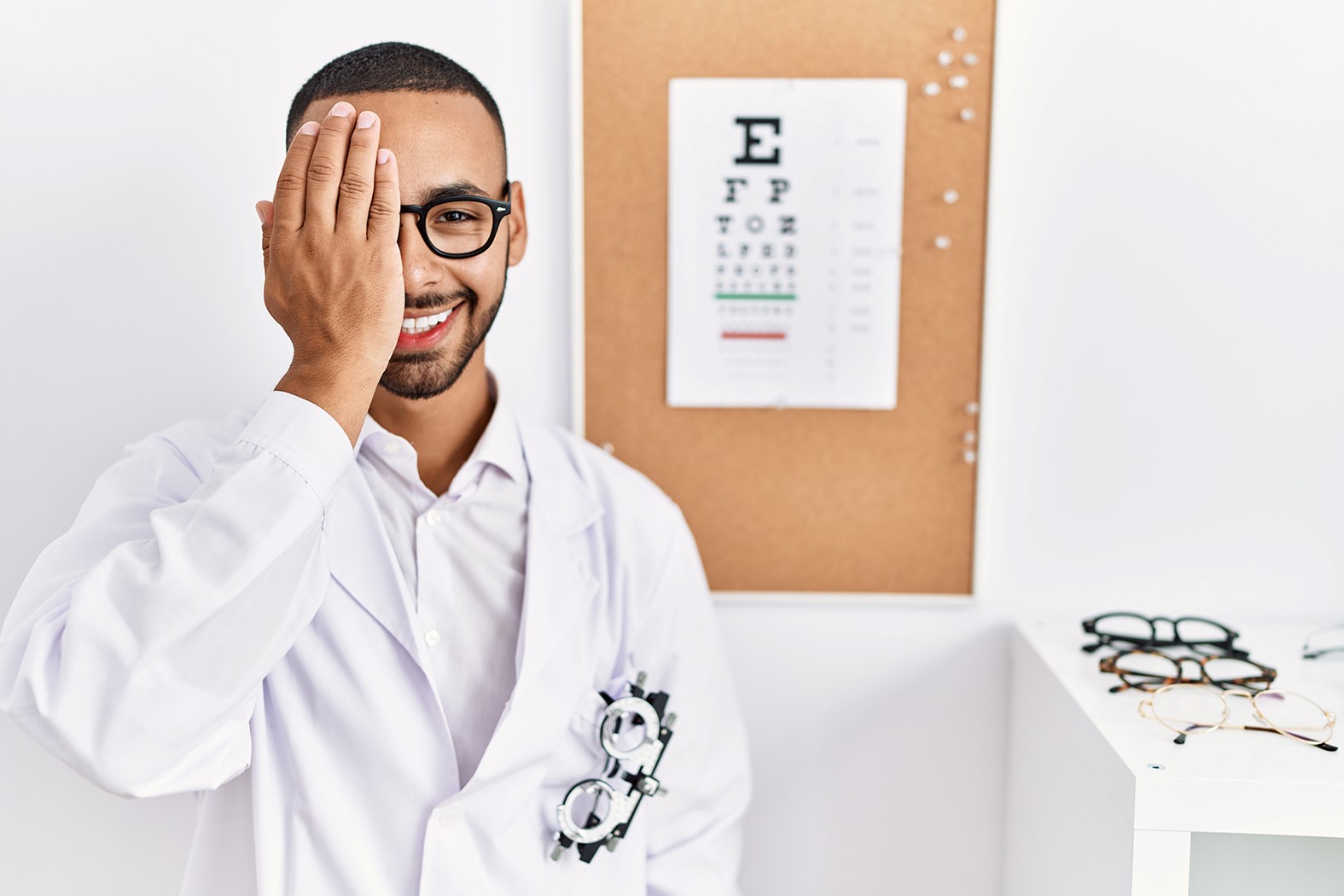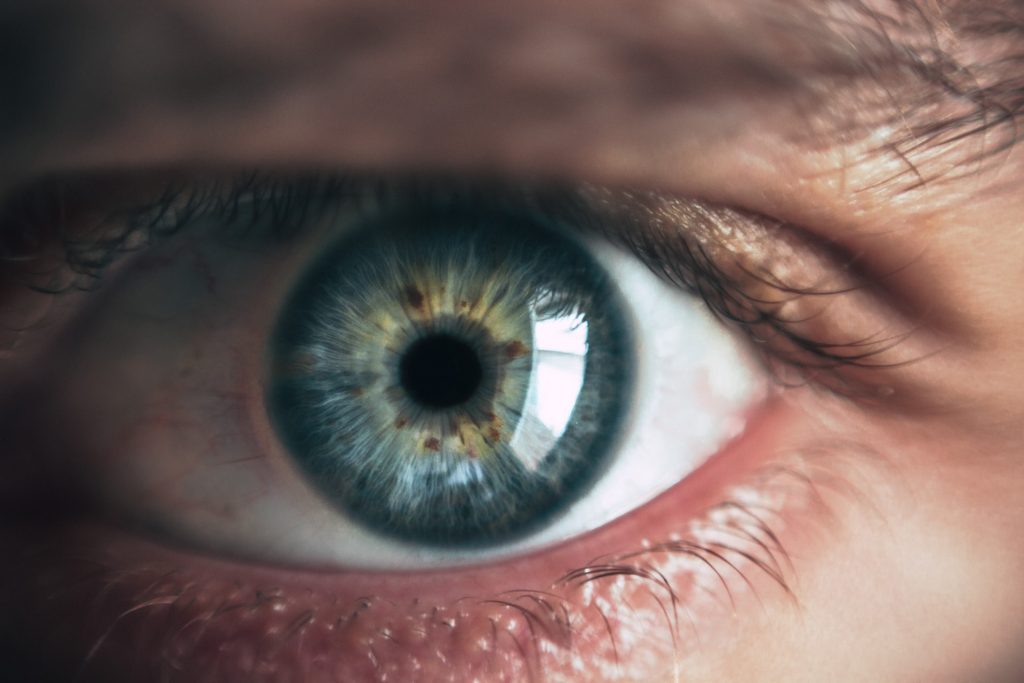Does your teen want to carry on studying or start earning straight away? Do they enjoy talking to people or love technology? Enjoy fashion or want to run their own business? An optical career could be the answer.
If you think working in eye health is purely about sight tests, think again. There are lots of careers on offer.
For School leavers
Optical assistant
This role helps people choose frames and lenses, working under supervision. It is a good option for anyone with strong communication skills or who is interested in fashion, technology or healthcare.
Earn while you learn
Some assistants have extra training to carry out initial assessments before eye examinations. They can go on to become practice managers or take further training to become dispensing opticians.
find out more
Optical technician
They make spectacles in an optical lab. People should apply directly. They must be keen to learn and highly organised. GCSEs in English and maths at grades 9-4 or equivalent are required.
Earn while you learn
Technicians can take qualifications while they work and go on to train as dispensing opticians, or become managers in optical manufacturing.
find out moreDegree level
Dispensing optician
These health professionals are qualified to advise on frames and lenses to suit lifestyles and prescriptions. They fit and supply spectacles and, with further training, can fit and provide aftercare for contact lenses. It takes around three years to qualify. Foundation degree or BSc (Hons) qualifications are available.
Earn while you learn
Students can take a two-year full-time course, followed by a year of supervised practice. Or work as trainees under a registered dispensing optician. This is a three-year course with either distance learning or day release.
Dispensing opticians must achieve the Association of British Dispensing Opticians Level 6 Diploma in Ophthalmic Dispensing (FBDO) qualification and register with the General Optical Council.
find out more
Optometrist
They examine eyes, test sight and prescribe spectacles or contact lenses. They check eye health and treat some conditions. Optometrists study a three or four year degree course at university followed by salaried pre-registration training with a practice.
find out more Ophthalmologist
Ophthalmologist
Ophthalmologists are doctors who specialise in eye health, diagnosing and treating eye diseases and injuries.
Ophthalmologists need a medical degree, to complete their foundation years and go on to specialist training, which normally lasts seven years.
find out more
Orthoptist
These health professionals diagnose and treat problems with eye movement and how the eyes work together (binocular vision). With children, they manage lazy eye (amblyopia) and squint (strabismus). In adults, they treat conditions causing double vision, often due to strokes or brain damage. A degree in orthoptics is required.
find out more
Lens designers
They work for optical companies, designing, developing and testing new products. This role requires qualifications in optics or physics and previous experience in research & development. A master’s degree or PhD is an asset.
find out moreMore information
For more information about different options, see our career guides.







